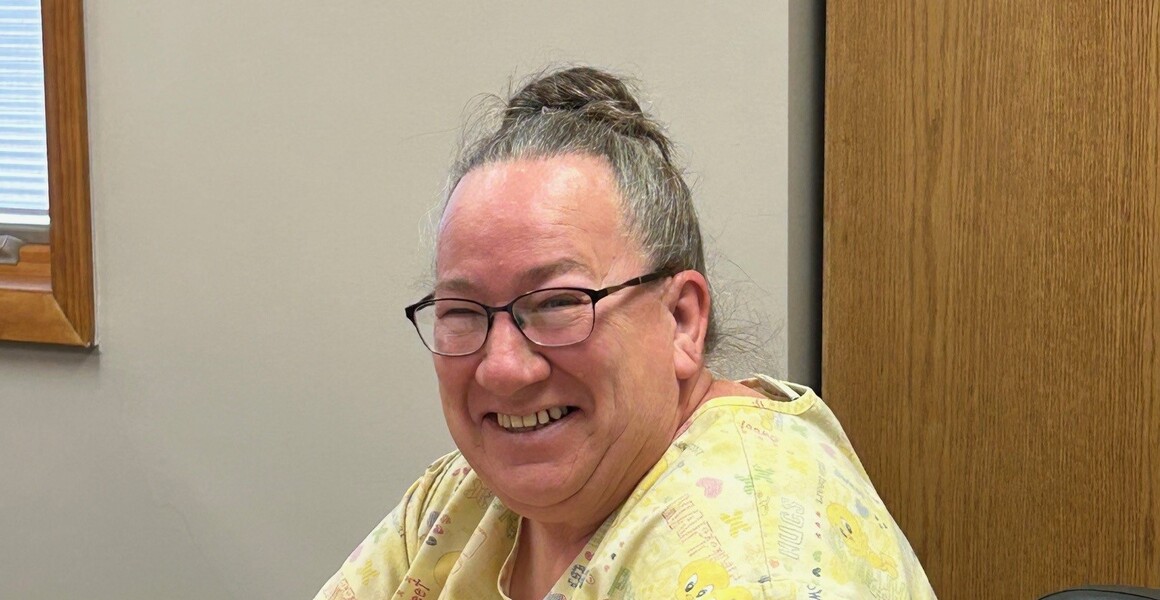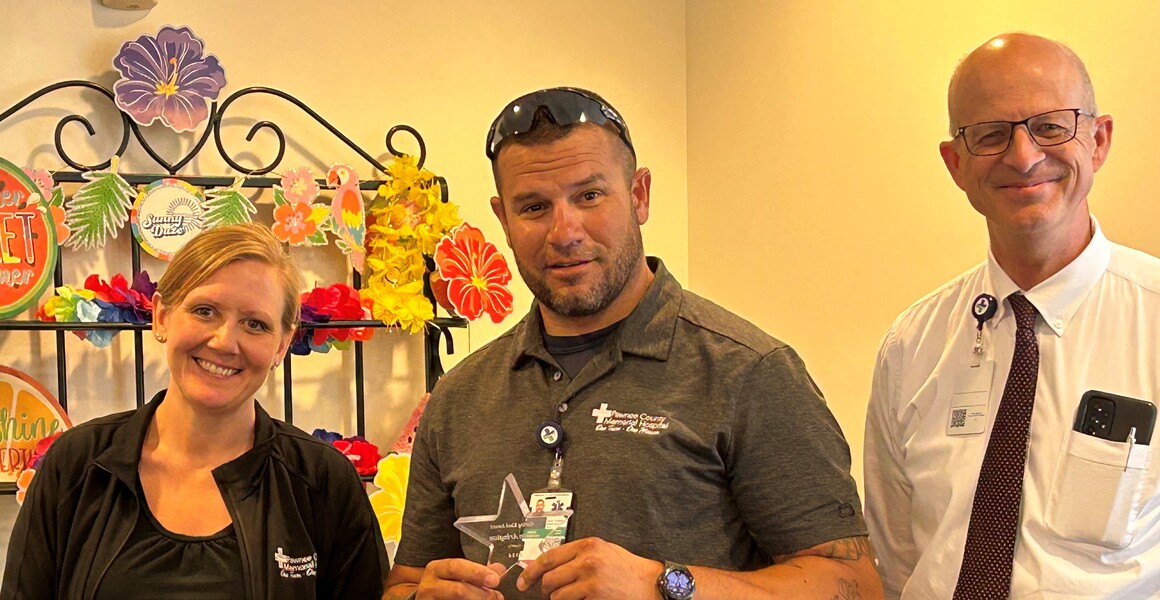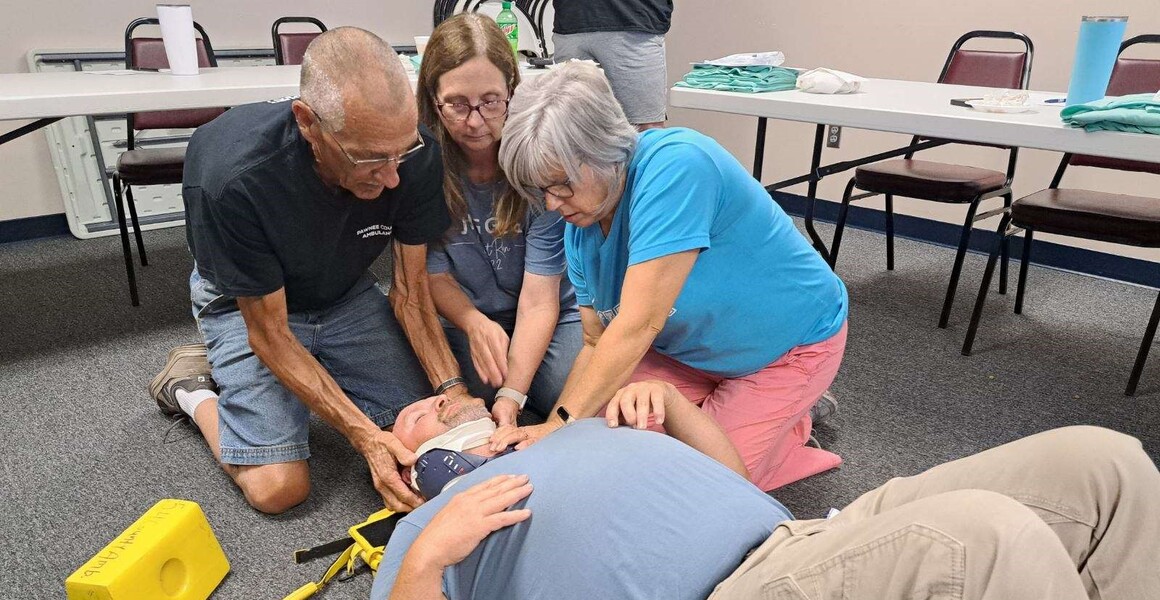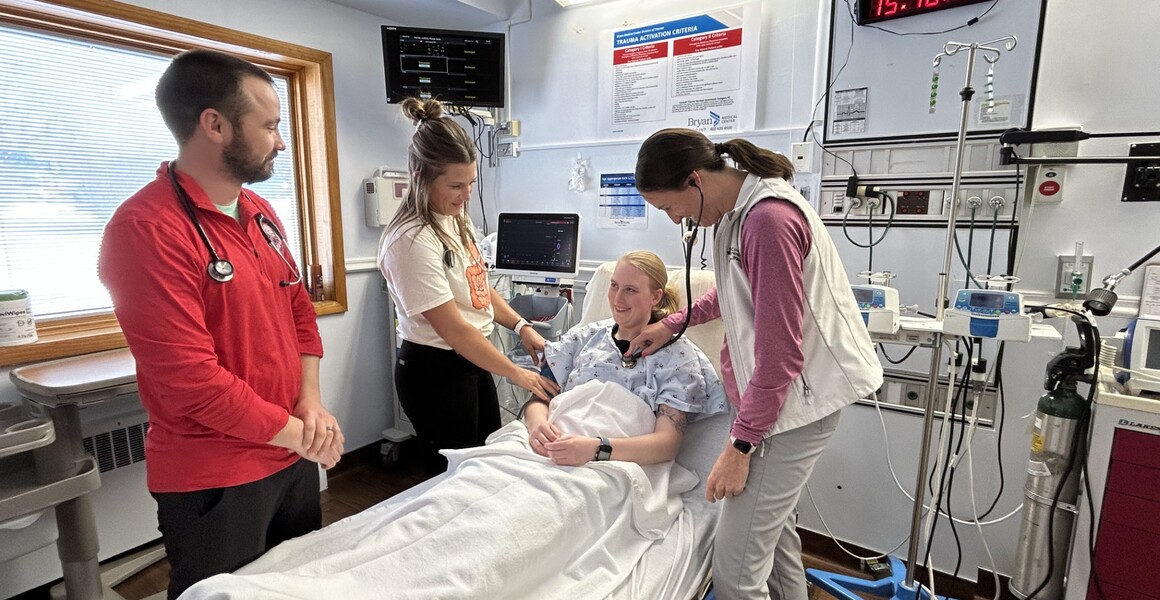Kidney Disease
By Dr. Kent Niss
There are many long-standing conditions that we hear about every day such as diabetes or hypertension or heart disease, however, something that we do not discuss much about is kidney disease. However, chronic (long-standing) kidney disease is one of the more common disease processes in the United States. Over 30,000,000 Americans live with chronic kidney disease daily. The trouble with kidney disease is that most people do not notice any symptoms, even at moderate stages of disease. Therefore, focusing on prevention is the most important first step in managing chronic kidney disease and preventing it from starting in the first place. When discussing prevention, we first look at the risk factors for chronic kidney disease. Unfortunately, these are vast. Risk factors for chronic kidney disease include diabetes, high blood pressure, heart disease, family history but also things such as autoimmune disorders, long-term medication use (only particular medications however) or even particular diets. As you can see some of these are modifiable risk factors (that we have control over) and others are not. We should try to focus on the modifiable risk factors: high blood pressure, diabetes, medication use and diet.
High blood pressure: High blood pressure is the most common cause of chronic kidney disease and therefore requires the most attention. It does not take very long for uncontrolled high blood pressure to lead to kidney disease and even kidney failure and unfortunately some of these changes that happen in the kidney are irreversible. Monitoring your blood pressure at home is a good first step in preventing high blood pressure from going uncontrolled. For those under the age of 65 a goal blood pressure of less than 130/80 is recommended; for those above the age of 65 a goal blood pressure of less than 140/90 is good, but recent evidence says getting less than 130/80 in this age group is even better. These numbers have shown to be associated with less progression to kidney disease. If having ongoing blood pressures that are higher than this, please contact your primary care provider to have a discussion about this.
Diabetes: If you do have diabetes controlling your blood sugar and trying to maintain an average blood sugar near 120-140 (or an A1 C of 6.5-7) will help reduce the risk for progression to kidney disease. Among those with diabetes the most common complication can be kidney failure. As such it is very important to help reduce this risk by controlling your blood sugar consistently. However, for nondiabetics, they equally need to make sure their blood sugar is not getting out of control. The best way to do this is by having regular follow up appointments with your primary care provider and practicing good moderation with dietary intake.
Medication use and diet: There are a lot of prescription medications that can cause the kidneys to “work harder” which can lead to strain and disease. Many over-the-counter medications can cause equal harm. The most common of these is in the class of medications called NSAIDs. These include ibuprofen, naproxen and aspirin. Aspirin does have some subtle differences and at lower doses is very safe to use however ibuprofen and naproxen if used very frequently can certainly cause harm to the kidneys as well. There are very few diets that can lead to harm to the kidneys however diets that are extremely high in carbohydrates can certainly lead to poor blood sugar control which can cause damage to the kidneys. The most common dietary problem that can cause more harm to the kidneys usually only comes after there is already damage to the kidneys and this would be a high protein diet. Usually, high protein diets by themselves do not start kidney damage but can worsen the kidney function if already hampered. Therefore, eating a well-rounded, varied diet is your best defense from preventing kidney disease.
These are just a few ways of preventing chronic kidney disease. I would encourage you to contact your primary care provider to discuss this further if you have further questions. Or if you have any of the above-mentioned disease processes that need to be monitored closely. Again, as chronic kidney disease is a more “silent” disease it can unfortunately reach severe stages before we know anything is wrong. Close monitoring and discussions about prevention tactics with your primary care provider can stop chronic kidney disease before it begins.










